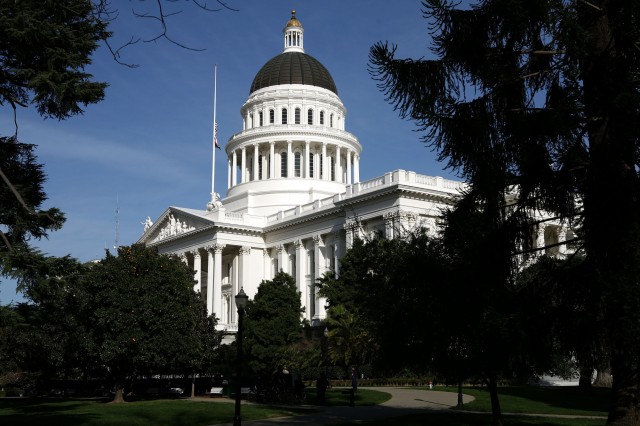
The new year will bring in hundreds of new laws in California, including a landmark law that permits undocumented individuals to obtain a driver's license and another requiring that all eggs sold in California come from chickens living in bigger spaces.
Many of those new laws have to deal with health. Some take effect on Jan. 1, others in July. Here's a look at some of them:
Assisted Living Homes: A new law increases 100-fold the top fine for violations of state regulations by assisted living facilities for the elderly. The fine is jumping from a mere $150 to $15,000. AB2236 takes effect July 1 and was part of a package of bills signed by the governor that tighten state oversight of the 7,500 assisted living homes in California. It's the most significant overhaul of the industry in almost 30 years.
Paid Sick Leave: Nearly all California employers will be required, starting July 1, to provide at least three paid sick days to their workers. The new law largely affects millions of lower-wage service industry workers, including retail and fast food employees who don't already have paid sick leave. Under the law, workers accrue one hour of paid sick leave for every 30 hours they work.
Death Certificates: Coroners will be required to list a person's sex according to the person's gender identity, not simply sexual anatomy. The law was inspired in part by the death of Christopher Lee, co-founder of the Transgender Film Festival. After he committed suicide, his friends were shocked to learn that his death certificate listed him as "female," despite the fact he'd lived as a man for nearly 20 years. The law takes affect in July.